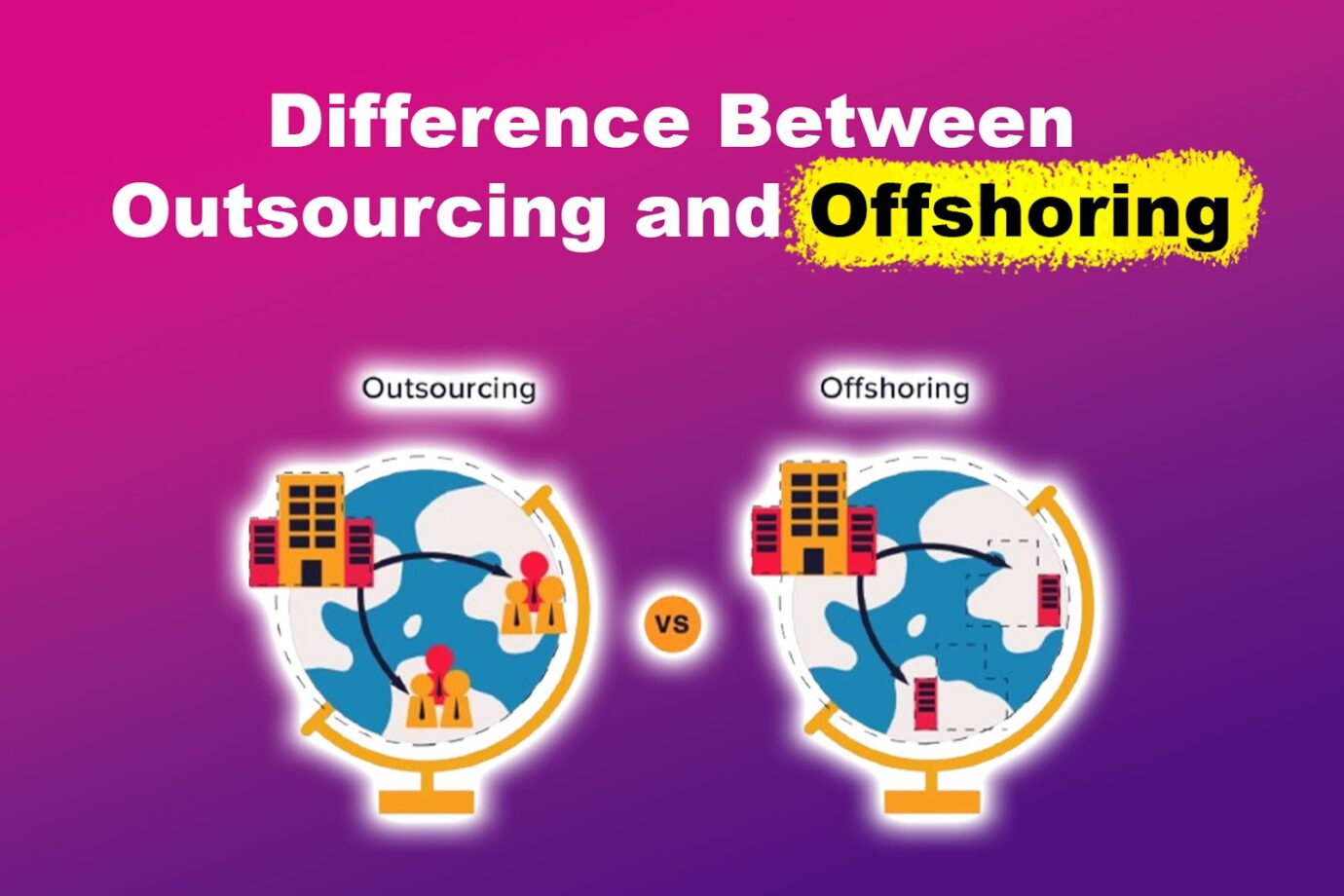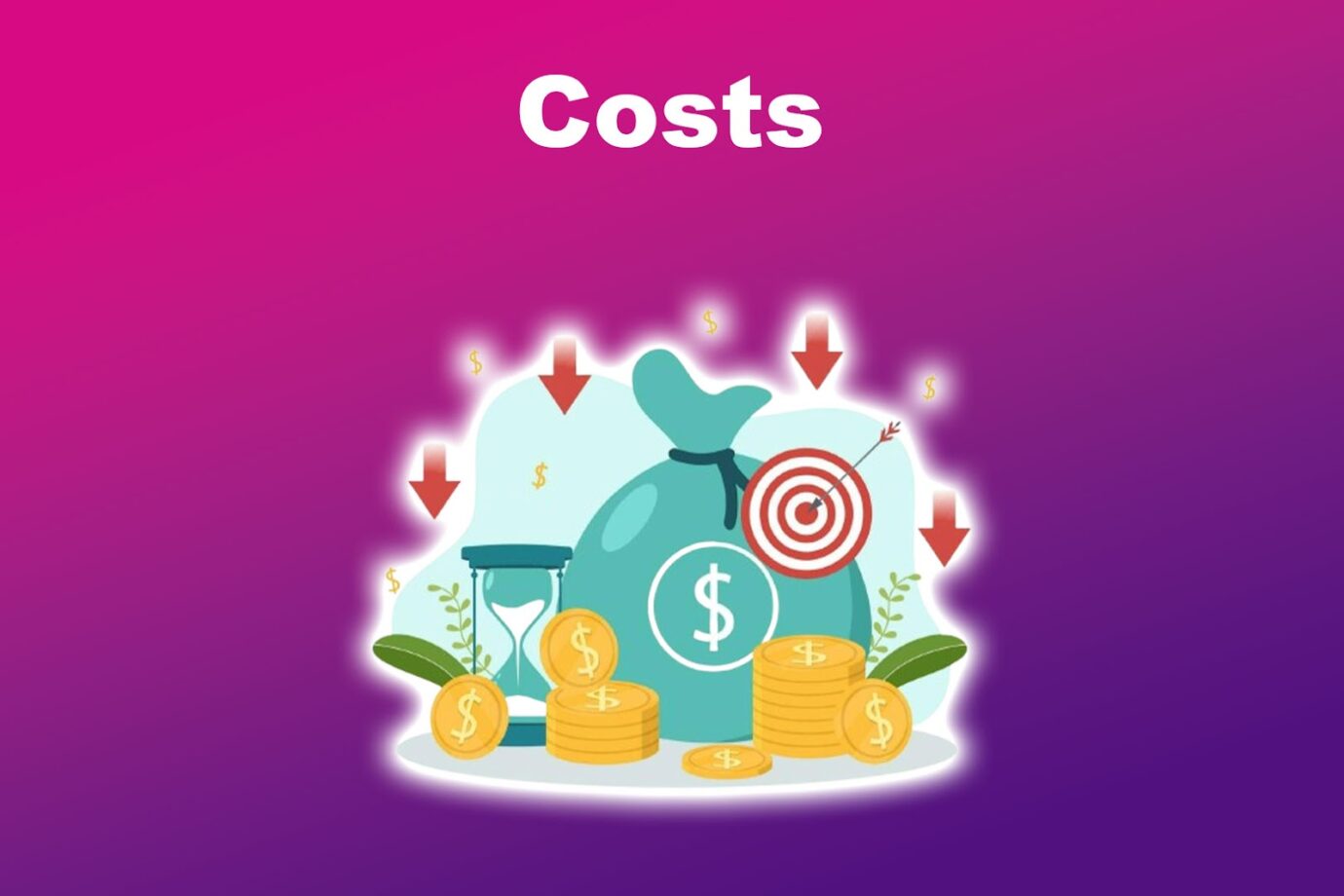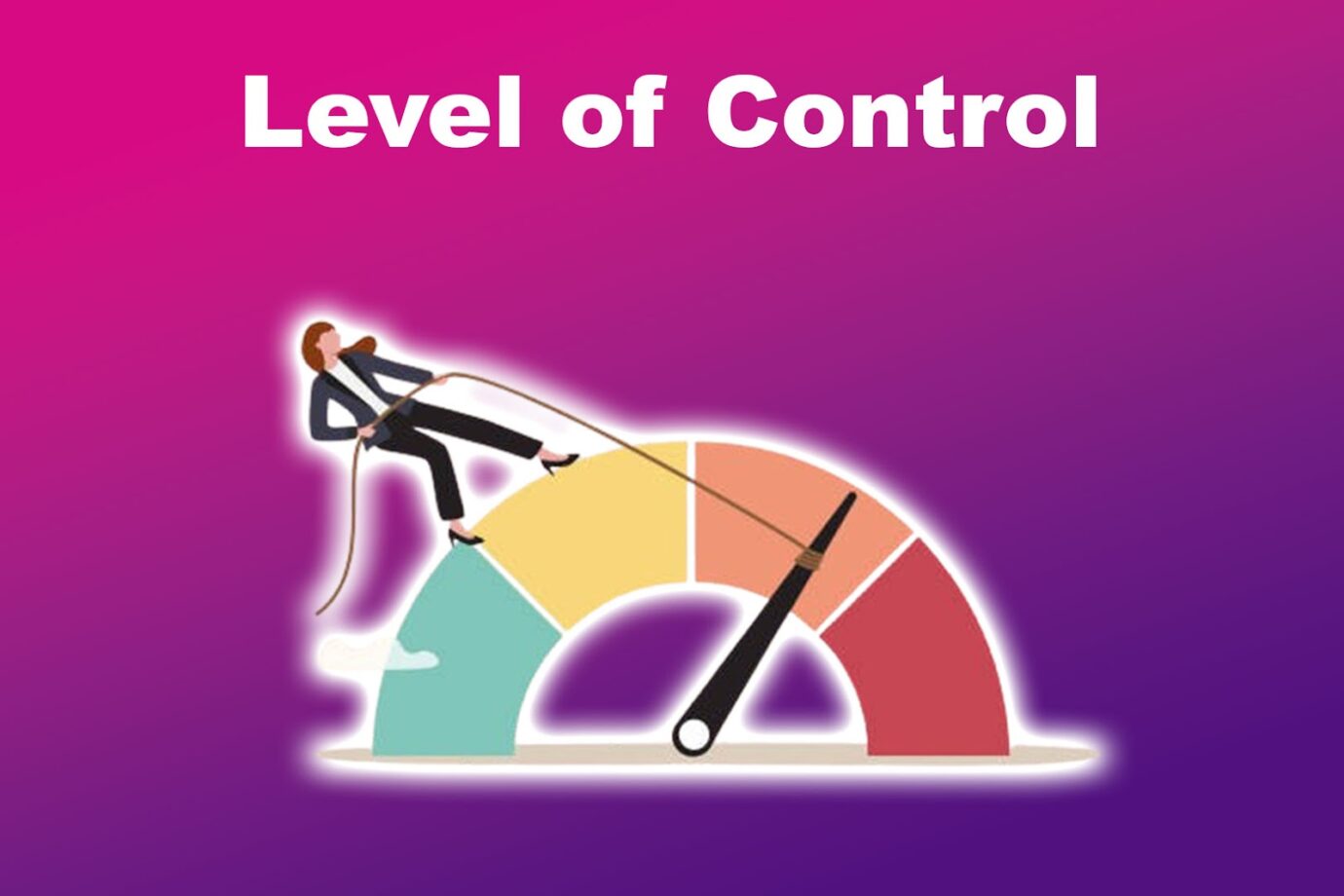Companies rely on various business models to cut costs without sacrificing efficiency. Some hire virtual assistants to handle day-to-day tasks, while others seek the help of a third-party contractor and assign them to an entire business operation.
This is where outsourcing vs. offshoring comes into play. But what is the difference between outsourcing and offshoring? Find out everything you need to know in this article.

What Is Outsourcing?
Outsourcing is a business practice where companies hire a third-party agency to handle an aspect of their operations. Its main goal is to cut costs while improving efficiency by letting people with specialized skills work on the tasks.
Another reason why companies outsource is so that they can focus on their core business functions. Outsourcing agencies can handle a variety of functions, such as customer support, an entire IT operation, or any repetitive tasks.
What Is Offshoring?
Offshoring is when a company relocates some of its business operations to a foreign country. Businesses often relocate their processes to countries with lower labor costs to save money. Other reasons why companies offshore are to expand their market reach and increase efficiency.
One example of offshoring is when a company transfers its manufacturing processes to a country where materials are less expensive, and regulations are more lenient.
Read our article to learn more in-depth about offshoring and its benefits. Real examples are included.
What Is the Difference Between Outsourcing and Offshoring?
It is worth noting that offshoring is a form of outsourcing. Both business models contract a third-party agency to handle some company operations. However, there are still distinctions between the two.
Here is how outsourcing and offshoring differ:
1. Nature of Work

Outsourcing
When you’re outsourcing, you only assign a specific task to a third-party agency or an independent contractor. For instance, you can hire a business process outsourcing (BPO) company to handle your business’s customer support needs.
Offshoring
Like outsourcing, offshoring may require hiring a third party to help with your business. The difference is the type of tasks they handle, as offshoring means handing over an entire operation to the contractor.
However, companies don’t necessarily need to hire a third-party vendor to offshore their operations. You may also opt to build your facility, such as a factory or office, to offshore your business processes.
According to a study by the New York Times, 22% of the economic value in the US goes to lower-wage countries where businesses offshore their operations.
2. Location of Workers

Outsourcing
When you outsource, you can choose a vendor within your location or someone from a foreign country. You have to consider the time zone differences in both cases.
Do you want your outsourcing partner to operate in the same timezone as you so you can monitor their progress? Hiring a domestic vendor is ideal in this situation.
Do you want the vendor to work while you’re offline so you can check their output at the start of your business hours? In this case, hire someone from a different country.
Needless to say, outsourcing provides better flexibility in terms of choosing a partner.
Offshoring
From the name itself, offshoring means you’re either hiring a third-party agency or relocating abroad. This means you have to work based on the timezone of your country of relocation to accommodate your customers.
Offshoring is more complex as time zone differences can result in communication delays. You also need to understand the foreign country’s culture to serve your clients better.
3. Investment in Tools

Outsourcing
Outsourcing companies usually have their own digital tools to handle whatever task you assign them. This means you don’t have to invest in one, although you can still do so if you have a tool you prefer your outsourcing partner to use.
If you think outsourcing is more beneficial for your business, check out its pros and cons in this LinkedIn article.
Offshoring
With offshoring, you are responsible for the technology used for remote management and communication. You’ll also need to invest in setting up infrastructure and employment if you choose not to hire a third-party contractor.
4. Costs

Outsourcing
Outsourcing is different from offshoring in terms of costs because it is better for short-term projects. With outsourcing, you can save from the upfront cost because you are partnering with a company that is already knowledgeable about the tasks you want them to handle.
This business model may not be an ideal long-term cost-saving solution, as it can lead to additional expenses, such as contract management.
Offshoring
Offshoring has a higher upfront cost because you must pay for the setup costs, such as the establishment, digital tools, and equipment. However, it allows you to save some costs in the long run, especially if you tap into a region with lower wage costs.
Scaling your operations is also easier when you offshore. You can easily adjust your workforce’s size depending on the demands of your business, which lets you control the number of people you’re paying to work for you.
If you’re planning to offshore a business process, it’s crucial to understand its benefits and disadvantages so you can prepare for them. Learn about offshoring pros and cons in this article.
5. Level of Control

Outsourcing
When you outsource a business function, you give your outsourcing partner the freedom to work on it how they want. You just have to monitor and communicate with them using project management tools for remote teams so that you remain in the loop of the project.
Outsourcing vendors often have project managers who oversee the project you delegate to them. While this means they’re focused on your project, it also means that you have less control over it because you must rely on your vendor’s management practices.
Offshoring
You have more control over your business operations when you offshore them. This is especially true if you set up your own establishment in your chosen country. You are responsible for hiring and managing your employees and operations, so you influence their day-to-day operations.
Ready to outsource your tasks? Forbes has an article discussing the essentials of outsourcing.
Choose an Ideal Business Model for Your Company
With all that’s said, it’s safe to say that outsourcing differs from offshoring because it is ideal for short-term projects. It lets you quickly tap into skilled talents without setting up an entire internal team.
Meanwhile, offshoring is a better solution for businesses that aim to build a name in foreign markets while saving costs in the long run.
Before choosing a business model suitable for your company, you must assess your needs. Is your project a long-term or short-term one? Do you want a lower upfront cost, or are you willing to make an initial investment?
Such questions can help you decide whether to outsource or offshore your business processes.